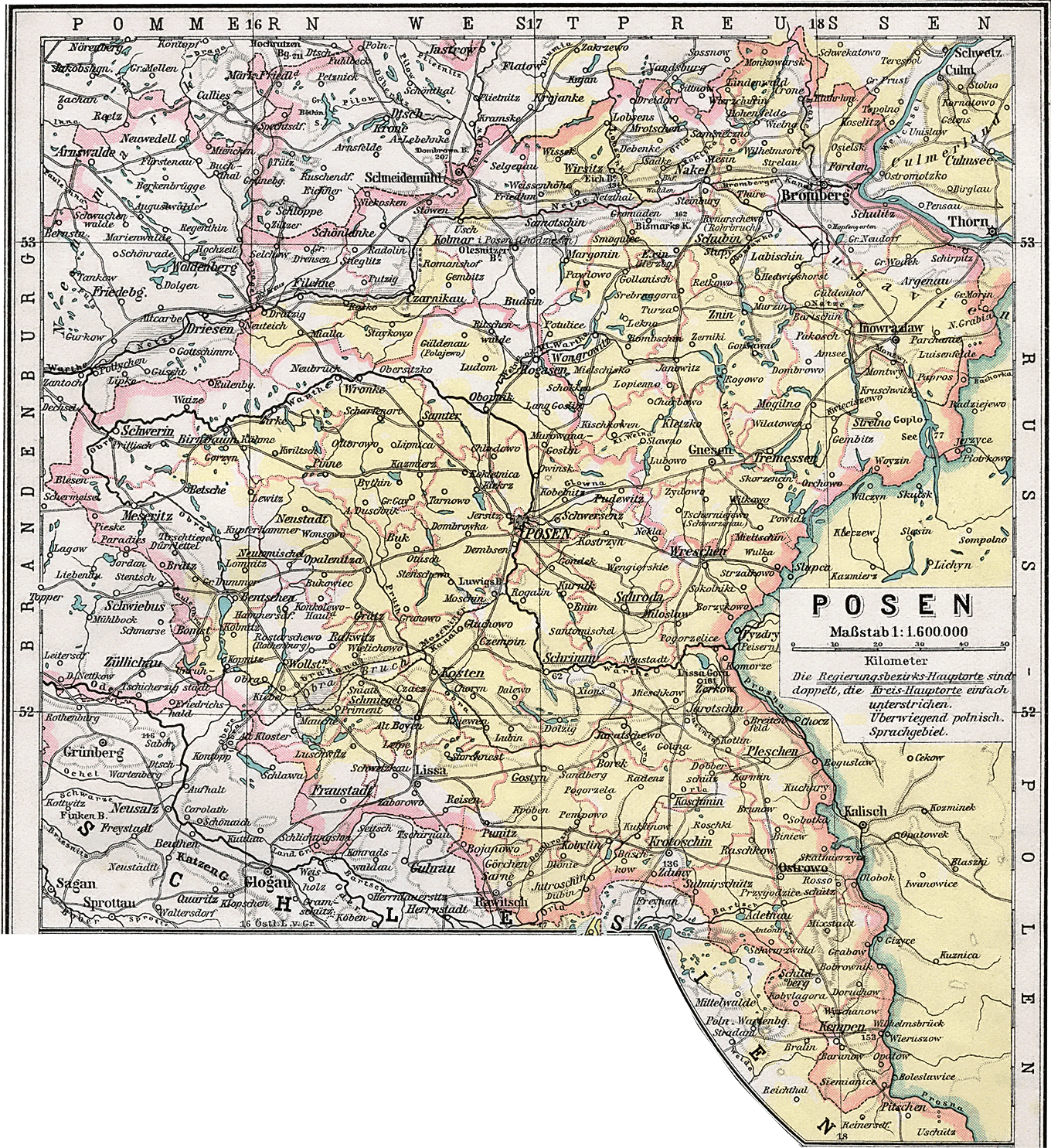I think that the GErman-Polish relations will soon become worse than OTL, but then becoming much better.
GErmany will have to take in mmany refugees which will create tensions, but Polish units will bolster the Reichs defenses against the Reds. This and feeding and housing many refugees (even the food and some money will come from other sources - the Poles will remember that they found shelter in GErmany) will build a sense of friendship - the quarreles 1918-1920 will be seen as a brawl between brothers who stand in for each other in need by later Generations.
300.000 (or more in time of war) German soldiers will be enough if well equipped. THE sOviets fielded around 3 Mill. during the civil war, but they had around 40% (IIRC) casualties and the stocks will be quite depleted by now without being able to buy abroad.
IIRC Germany has hidden away more weapons than allowed by Versailles, so they will be able to arm more than the 100.000 allowed troops, but I think the better strategy would be asking teh Entente so provide the arms the larger Heer needs until German factories can again produce sufficient quantities (the knowledge is still there , some machinery might be alredy dsiassmbled, but Krupp, Mauser and the like might be able to produce again on short notice.
Germany should avoid to become too dependent on foreign designs.
Germany will not need tanks at first, but planes should get top priority. Naval assets will be seen as secondary (which will allow England to feel secure with German rearmament - the French won't like it

)
I don't know if the German people would like it, but if the German government is able to "lure" in some foreign troops to help defend against the Soviets this might ease tensions with the Western powers (imagine a French "Legion" fighting on German soil against the Soviets - this will be a propaganda victory for Germany as they will likely come home with a different image of Germany - no more enemy, but ally)
Germany could lobby for this under the slogan - every French (British, whatever) soldier fighting against the Soviets in Germany is one GERMAN soldier less you have to worry about

